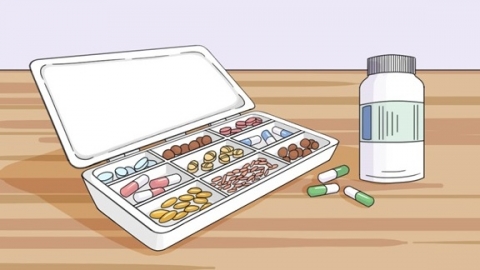Can pancreatic tail nodules be controlled with medication?
Generally, benign inflammatory pancreatic tail nodules or certain malignant nodules that are sensitive to medication can be controlled with drugs, while benign neoplastic nodules or malignant nodules that are insensitive to medication cannot. If concerned, it is recommended to seek medical advice early. Detailed analysis is as follows:

Inflammatory pancreatic tail nodules can be treated with anti-inflammatory drugs to reduce inflammation and inhibit nodule progression. If certain malignant nodules are sensitive to chemotherapy or targeted drugs, standardized medication can control their growth, and these situations can be managed with medication.
If the nodule is a benign tumor, medication will have limited effect on stopping its growth, and surgical intervention or other treatments may be required. For malignant nodules that are not drug-sensitive, medication cannot effectively inhibit their progression, and such cases cannot be controlled by medication alone.
Once a pancreatic tail nodule is detected, it is important to determine its nature and underlying cause, and choose an appropriate treatment approach under a doctor's guidance. Self-medication should be avoided, and regular follow-up examinations should be conducted to monitor changes in the nodule and ensure the effectiveness of the treatment plan.






